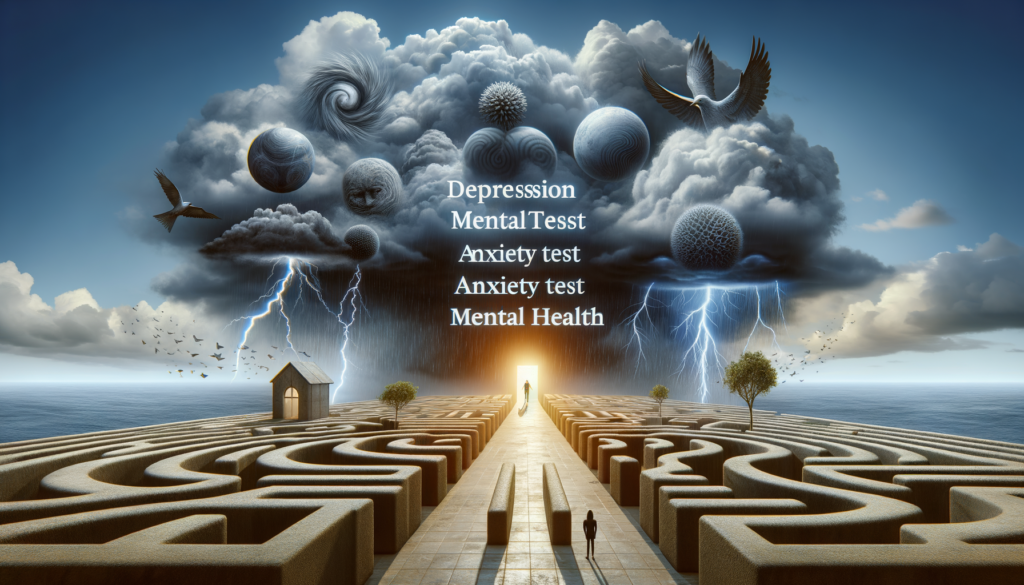The Education Blog

Understanding Mental Health: Depression and Anxiety Tests
Introduction to Mental Health Assessments
Mental health is a crucial aspect of overall well-being, often influencing how we think, feel, and act in our daily lives. With the increasing awareness of mental health issues, understanding the tools available for assessing mental health has become more important than ever. Depression and anxiety tests are among these tools, providing a structured way to evaluate symptoms and guide individuals towards appropriate care. These assessments are not diagnostic tools but can be the first step in recognizing the need for professional help. By exploring these tests, we can better understand their role in mental health management.
The Role of Depression Tests
Depression tests are designed to identify symptoms of depression, a common yet serious mental health condition. These tests typically consist of a series of questions that assess various aspects of mood, behavior, and thought patterns. The goal is to measure the severity of symptoms and provide insight into the individual’s mental state. While these tests do not replace professional diagnosis, they offer valuable information that can prompt individuals to seek further evaluation from a mental health professional.
Depression tests often include questions about:
- Changes in appetite or sleep patterns
- Feelings of hopelessness or worthlessness
- Loss of interest in activities once enjoyed
- Difficulty concentrating or making decisions
Understanding the results of a depression test can help individuals recognize the impact of their symptoms and encourage them to pursue appropriate treatment options, such as therapy or medication.
Exploring Anxiety Tests
Anxiety tests are another valuable tool in the realm of mental health assessments. These tests aim to identify symptoms of anxiety disorders, which can manifest in various forms, such as generalized anxiety disorder, panic disorder, or social anxiety disorder. Like depression tests, anxiety tests typically consist of a series of questions that evaluate the frequency and intensity of anxiety-related symptoms.
Common areas assessed in anxiety tests include:
- Feelings of nervousness or restlessness
- Physical symptoms like sweating or trembling
- Persistent worry or fear about specific situations
- Avoidance of certain activities or places
By providing a clearer picture of an individual’s anxiety levels, these tests can guide them towards seeking further evaluation and treatment, helping to improve their quality of life.
The Importance of Professional Evaluation
While depression and anxiety tests offer a preliminary assessment of mental health symptoms, they are not substitutes for professional evaluation. Mental health professionals, such as psychologists or psychiatrists, have the expertise to provide a comprehensive diagnosis and develop a tailored treatment plan. These professionals can interpret test results in the context of a broader clinical assessment, considering medical history, lifestyle factors, and other relevant information.
Seeking professional help is crucial for individuals experiencing significant symptoms of depression or anxiety. Early intervention can prevent symptoms from worsening and improve long-term outcomes. Treatment options may include therapy, medication, lifestyle changes, or a combination of these approaches, depending on the individual’s needs.
Conclusion: Taking the First Step Towards Mental Well-being
Understanding and addressing mental health is a journey that begins with awareness and assessment. Depression and anxiety tests serve as valuable tools in identifying symptoms and encouraging individuals to seek professional help. By taking these initial steps, individuals can gain a better understanding of their mental health and explore treatment options that can lead to improved well-being. Remember, mental health is an integral part of overall health, and seeking help is a sign of strength, not weakness.









